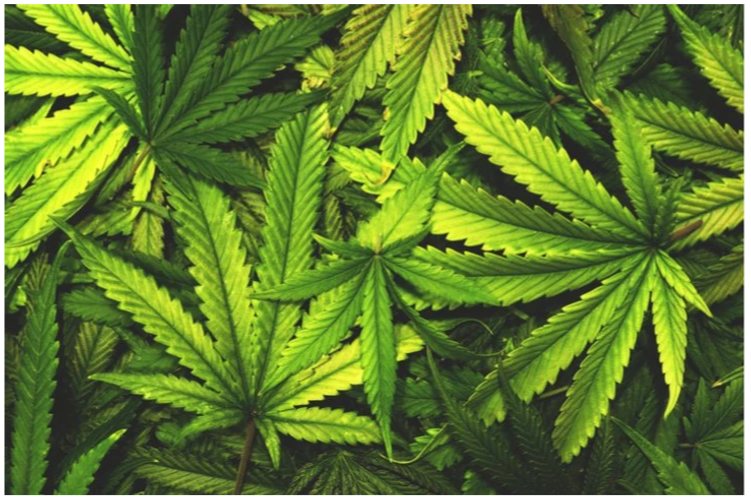Marijuana is an increasingly hot topic in political, legal and medical arenas throughout the country. As states have begun to decriminalize the use of marijuana and the language of laws can vary, it is important for citizens to be aware of the specific Marijuana laws in their state.
In Georgia, the State Board of Pharmacy and Georgia Drugs and Narcotics Agency are in charge of scheduling controlled substances and providing for the education and treatment of drug addiction, in addition to, providing programs to prevent and deter drug use.[1] In Georgia, marijuana has been classified as Schedule I.[2] Over the years, various organizations and lobbyist have pushed for the legalization of marijuana. Through their efforts, the treatment of marijuana varies from state to state. Some ways marijuana is treated in various states include the use of medical marijuana, the decriminalization of marijuana, and the legalization of marijuana.
In states that permit the use of medical marijuana, generally limit the quantity an individual can have and the specific diseases or illnesses it can be used for. For example, in Georgia, low THC oil can be used for: cancer, amyotrophic lateral sclerosis, seizure disorders, multiple sclerosis, mitochondrial disease; Parkinson’s disease, sickle cell, Tourette’s syndrome; Autism spectrum disorder, epidermolysis bullosa; Alzheimer’s disease; AIDS; or peripheral neuropathy.[3] Holding a prescription for low THC oil does not permit the use of plant marijuana. As stated under Georgia law, Schedule I substances are only permitted to be “distributed by a registrant to another registrant only pursuant to an order form.”[4] Growing marijuana is also prohibited under and possessing more than the allowed amount of low THC oil in Georgia, is a felony, misdemeanor if you have a prescription.[5]
Some states have decriminalized marijuana. This is not to be confused with the legalization of marijuana. As a general rule, there are no criminal or civil penalties for the possession or use of marijuana in a state that has legalized it. In states that have decriminalized marijuana, a defendant may not be threatened with incarceration but could still face civil penalties. For example, the City of Atlanta decriminalized marijuana, providing that those found guilty will have a fine of seventy-five dollars and no subsequent threat of incarceration[6] Keep in mind that while this is the rule for the City of Atlanta, application of this rule can prove difficult. Specifically, there is a portion of Atlanta that is within the limits of Dekalb County, and while Dekalb County’s Ordinance does not specifically permit the possession of marijuana, under state law the sale, possession, use, distribution, purchase, transport (trafficking) of marijuana could carry much higher penalties.[7] It is imperative that when prosecuted for the possession of marijuana in the City of Atlanta, the prosecuting attorney uses the correct ordinance.
Some states have begun to use pre-trial diversion programs, in an effort to circumvent criminality due to drug abuse. These programs, sometimes referred to as drug courts only applies to first time offenders and are used by judges as a tool to avoid prosecution.[8][9] These programs usually last one year and come with certain conditions such as random drug tests and a waiver of one’s Fourth Amendment protection against unreasonable searches and seizures. While under the jurisdiction of a drug court, criminal proceedings against the defendant will cease, however, if the defendant is rearrested or is found to have violated one of the required conditions, the criminal proceedings against the defendant will resume. If the defendant successfully completes the program after one year, the criminal proceedings will end and the defendant’s record will be expunged.
Marijuana reform continues to make tremendous strides. Currently, eight states (Alaska, California, Colorado, Maine, Massachusetts, Nevada, Oregon, and Washington), and the District of Columbia have legalized marijuana; eleven states have decriminalized marijuana (Delaware, Maryland, Minnesota, Mississippi, Missouri, Nebraska, New Hampshire, New Jersey, New York, Rhode Island, and Vermont); and most states permit the medical use of marijuana (Kansas, Nebraska, South Dakota, and Iowa do not). As more states are following this trend of change within the laws relating to marijuana, interpreting different laws has become complex. To reiterate, marijuana is decriminalized in the City of Atlanta, however, prosecuting attorneys have vast discretion on what charges to bring and under what authority. Do not get “blind-sided,” obtain an attorney who is not only versed in the applicable laws and case authority, but one that keeps up with the vast changing laws of this State.
[1]O.C.G.A. § 16-13-3
[2]O.C.G.A. § 16-13-25(3)(P)
[3]O.C.G.A. § 31-2A-18
[4]O.C.G.A. § 16-13-40
[5]O.C.G.A. § 16-13-21; and Same as 3.
[6]City of Atlanta, Ga., Code of Ordinances § 106-182 (through Jan. 1, 2018).
[7]O.C.G.A. §§ 16-13-2 and 16-13-30.
[8]This includes convictions from a state outside of Georgia.
[9]O.C.G.A. § 16-13-2

